A crucial step towards end-to-end trade digitalization is creating an ecosystem that allows for seamless exchanges of data between existing platforms. This requires developing and implementing globally accepted digital standards for trade. As these initiatives play a crucial role in shaping the landscape that each DLT in trade project operates within, standardization initiatives have been included in more detail in this updated version.
In the broader trade area there are several initiatives all working towards creating a set of standards. Some of these are focused on particular sectors or geographies while others are more general. Some are being spearheaded by large international organizations, others by private companies. The following table provides an at-a-glance look at some key initiatives in the space. This article takes a quick look at projects related to DLT and blockchain which are addressing standardisation in trade.
Any discussion of standardization in a digitalized trade world would not be complete without mentioning the importance of regulatory work and of building a harmonized regulatory framework. A key actor in this respect is the United Nations Commission on International Trade Law (UNCITRAL). While this is not a standardization body, it plays a key role in working to build a harmonized international trade law framework to drive further progress.
Sector or Process Focused Initiatives
1|Blockchain In Transport Alliance (BiTA)
Founded in August 2017, BiTA counts nearly 500 members primarily from the freight, transportation, logistics and affiliated industries in over 25 countries. The BiTA is seeking to develop blockchain industry standards for the freight, transportation, logistics and affiliated industries; educate members and others on blockchain applications and solutions; and encourage the use and adoption of new solutions.
2|The Digital Container Shipping Association (DCSA)
DCSA is a nonprofit, independent organization established in 2019 by several of the largest container shipping companies. It seeks to promote interoperability in the container shipping industry by developing digital standards.
3|Mobility Open Blockchain Initiative (MOBI)
MOBI is a member-led consortium working to make transportation greener, more efficient, and more affordable using blockchain and related technologies. MOBI seeks to develop open standards for the automotive industry to support smart mobility blockchain adoption.
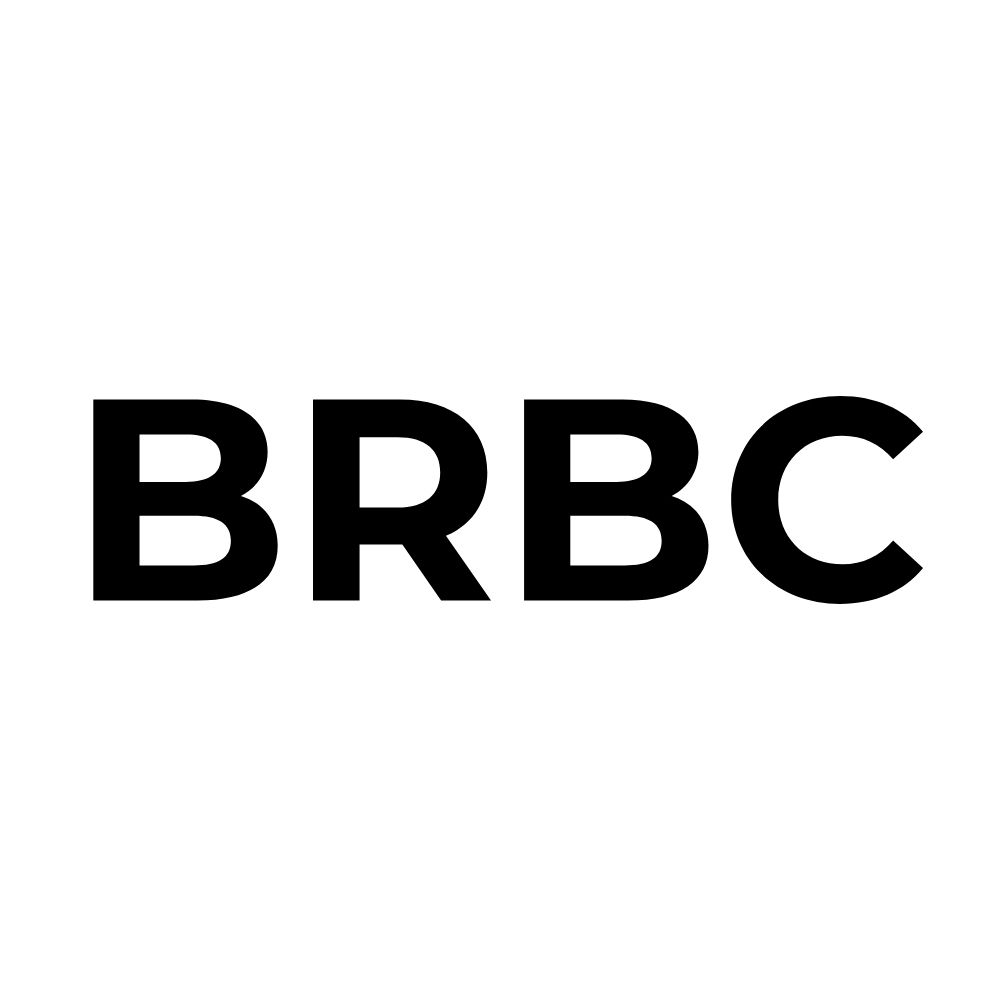
4|The Belt and Road Blockchain Consortium
The consortium is technically neutral. It develops buy-side business standards for electronic-ID disputed resolution processes and standardized interoperable smart contract standards that increase trust and transparency in cross-border trade.

5|The World Customs Organizations (WCO)
The WCO has developed a data model that is used by customs and other cross-border regulatory agencies to exchange information related to cross-border transactions.
General Trade Focused Initiatives
6|United Nations Centre for Trade Facilitation and Electronic Business (UN/CEFACT)
UN/CEFACT is a subsidiary, intergovernmental body of the United Nations Economic Commission for Europe (UNECE) which serves as a focal point within the United Nations Economic and Social Council for trade facilitation recommendations and electronic business standards. It has developed a Core Component Library (UN/CCL) and is behind the UN/EDIFACT standard. It has also developed various supply chain standards such as the cross-industry invoice standard, and is now working on various blockchain projects.
7|The ICC Digital Standards Initiative (DSI)
Launched in September 2020, the ICC DSI which is supported by Enterprise Singapore and the Asian Development Bank, aims at developing digital standards to establish a globally harmonized, digitized trade environment.
General Private Sector Led Initiatives
8|The Enterprise Ethereum Alliance (EEA)
The EEA is a member-led industry organization whose objective is to drive the use of Ethereum blockchain technology as an open-standard to empower enterprises.
9|GS1
GS1 develops and maintains global supply chain standards (the most well-known of which is the barcode). GS1’s global standards for identification and structured data enable blockchain network users to scale enterprise adoption.
10|The Institute of Electrical and Electronics Engineers (IEEE)
IEEE is a technical professional organization that fosters technological innovation. In January 2018, it created a Blockchain Initiative (BLK) to coordinate projects and activities related to blockchain. The IEEE has been actively pursuing blockchain standardization efforts through various activities in multiple industry sectors.
11|The World Wide Web Consortium (W3C)
W3C is a technical standards body for the open internet that played a crucial role in standardizing the functionality of web browsers. Various business community groups focused on blockchain were created over the past few years, including a Blockchain Community Group whose mission is to generate message format standards of Blockchain-based on ISO20022 and guidelines for usage of storage. Another Group, the Blockchain Digital Assets Community Group, aims to discuss and eventually create and propose Web Specifications for creating and using Digital Assets on a Blockchain. Finally, the TNS Blockchain Group aims to explore the use of Digital Names within existing web applications. W3C is working on a decentralized identifier (DID) standard supported by the Decentralized ID Foundation.
International Standardization Bodies
12|International Telecommunications Union (ITU)
The ITU established a Focus Group on Application of Distributed Ledger Technology in May 2017 to identify and analyze DLT-based applications and services; draw up best practices and guidance which support the implementation of those applications and services on a global scale; and propose a way forward for related standardization work in ITU-T Study Groups. The Focus Group analyzed some 60 use cases and published a toolkit in 2019.
13|International Organization for Standardization (ISO)
ISO is a global network of national standards bodies. It established a technical committee on Blockchain and distributed ledger technologies (ISO TC/307) in 2016 to develop blockchain and DLT standards. As of September 2020, three standards had been developed and eight were in development. The Technical Committee counts 44 members and 13 observers.
National or Regional Initiatives
14|British Standards Institution (BSI)
The BSI is the national UK body developing standards. The BSI is working on blockchain standards for the supply chain.
15|European Committee for Standardization (CEN) & European Committee for Electrotechnical Standardization (CENELEC)
The CEN and CENELEC are two European Standardization Organizations whose collaboration was consolidated at the start of 2010 by the creation of a common CEN-CENELEC Management Centre (CCMC) in Brussels. CEN and CENELEC recently established a new CEN-CENELEC Joint Technical Committee (JTC) ‘Blockchain and Distributed Ledger Technologies’ (JTC19), based on the recommendations presented in the CEN-CENELEC White Paper on ‘Recommendations for Successful Adoption in Europe of Emerging Technical Standards on Distributed Ledger/Blockchain Technologies’. CEN-CLC/JTC 19, whose Secretariat is held by UNI, the Italian Standardization Body, will be responsible for the development and adoption of standards for Blockchain and Distributed Ledger Technologies, covering organizational frameworks and methodologies, processes and products evaluation schemes, distributed ledger guidelines, smart technologies, objects, distributed computing devices and data services. CEN-CLC/JTC 19 will identify international standards already available or under development and will work in close contact with ISO/TC 307 ‘Blockchain and distributed ledger technologies’. It also will focus on specific European legislative and policy requirements, in support of the development of the EU Digital Single Market.
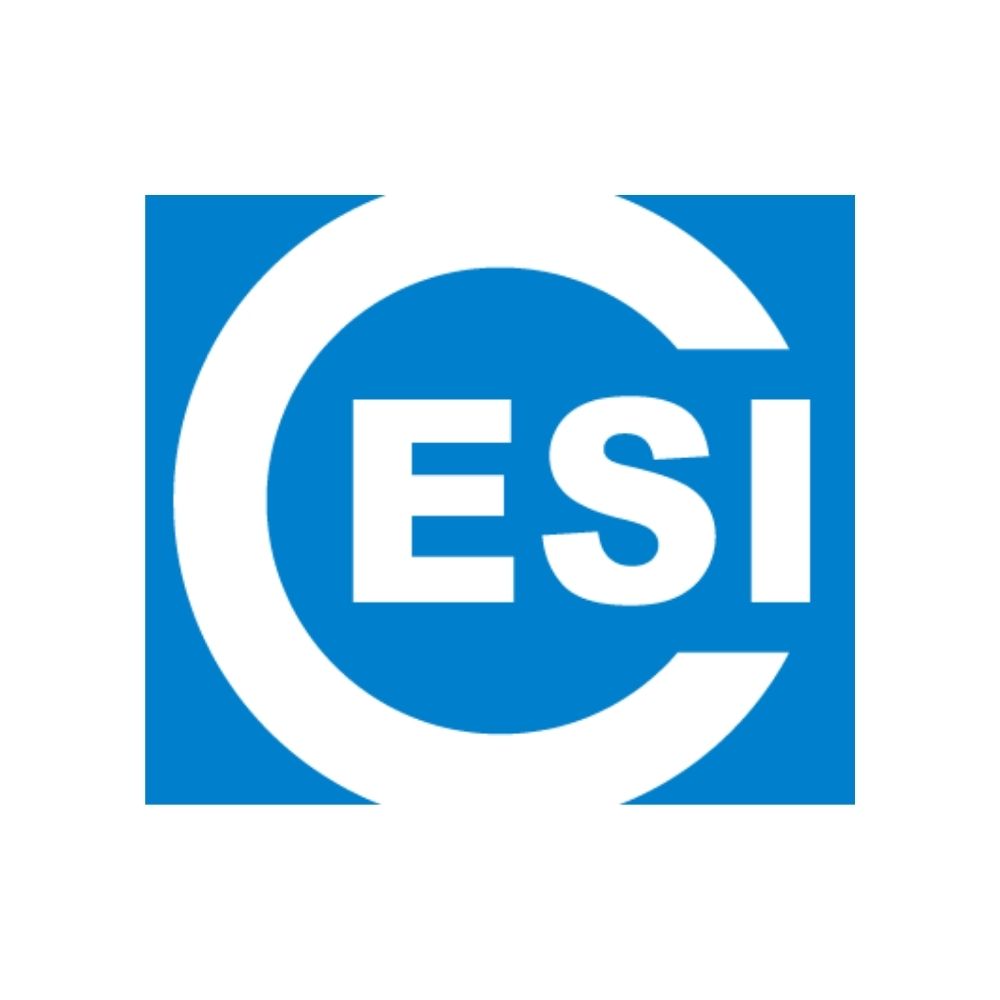
16|China Electronic Standardization Institute (CESI)
Founded in July 1963, CESI is a nonprofit institution directly under the Ministry of Industry and Information Technology that is engaged in standardization, conformity assessment, and measurement activities in the field of electronic information technologies. CESI is working on national standards for blockchain to drive adoption of decentralized technology in public and private sectors across various industries. Since 2017, CESI has been conducting a Standard Blockchain System Function Test to certify the top blockchain projects operating in China.
17|European Telecommunications Standards Institute (ETSI)
ETSI is a European Standardization Organization. In December 2018, ETSI launched a new Industry Specification Group on Permissioned Distributed Ledger (ISG PDL) to analyze and provide the foundations to operate permissioned distributed ledgers to be deployed across various industries and governmental institutions.

18|European Blockchain Partnership (EBP) / European Blockchain Services Infrastructure (EBSI)
In April 2018, 21 EU Member States and Norway agreed to sign a declaration creating the European Blockchain Partnership and to cooperate in the establishment of a European Blockchain Services Infrastructure that will support the delivery of cross-border digital public services using blockchain technology. The EBSI will be materialized as a network of distributed nodes across Europe (the blockchain), leveraging an increasing number of applications focused on specific use cases.
19|National Institute of Standards and Technology (NIST)
NIST was founded in 1901 and is now part of the U.S. Department of Commerce. NIST published “A Taxonomic Approach to Understanding Emerging Blockchain Identity Management Systems” and it recently issued draft NISTIR 8301, Blockchain Networks: Token Design and Management Overview, which provides a high-level technical overview and conceptual framework of token designs and management methods.
 Australia
Australia Hong Kong
Hong Kong Japan
Japan Singapore
Singapore United Arab Emirates
United Arab Emirates United States
United States France
France Germany
Germany Ireland
Ireland Netherlands
Netherlands United Kingdom
United Kingdom
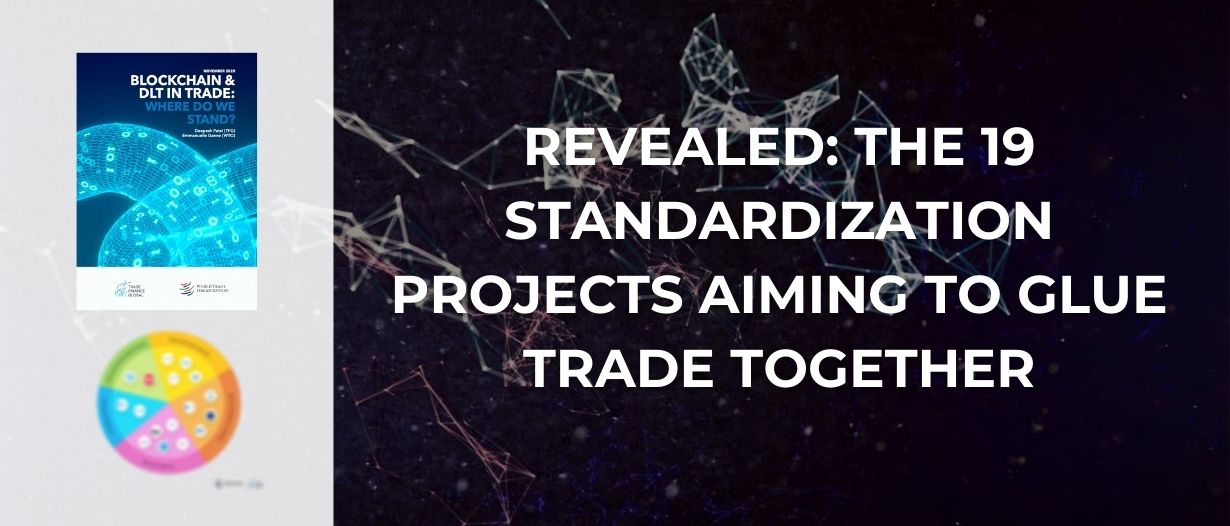
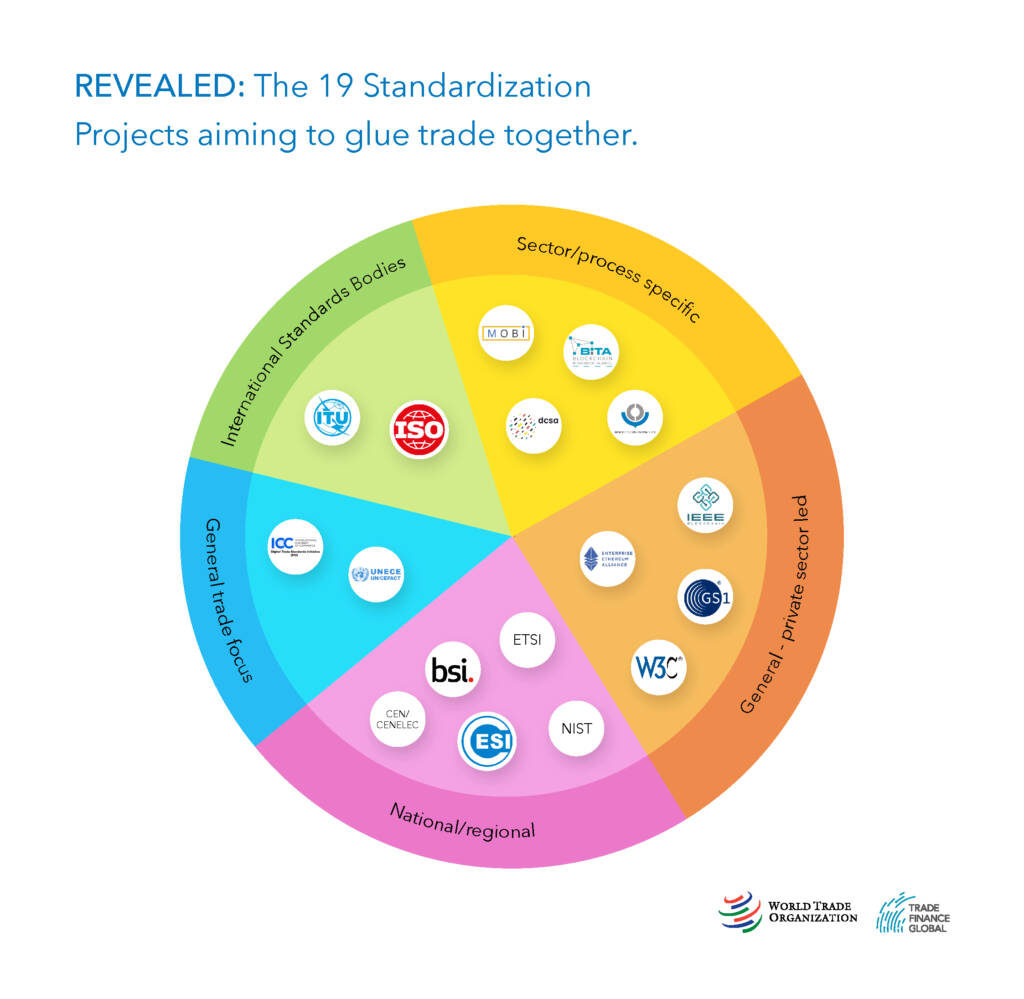


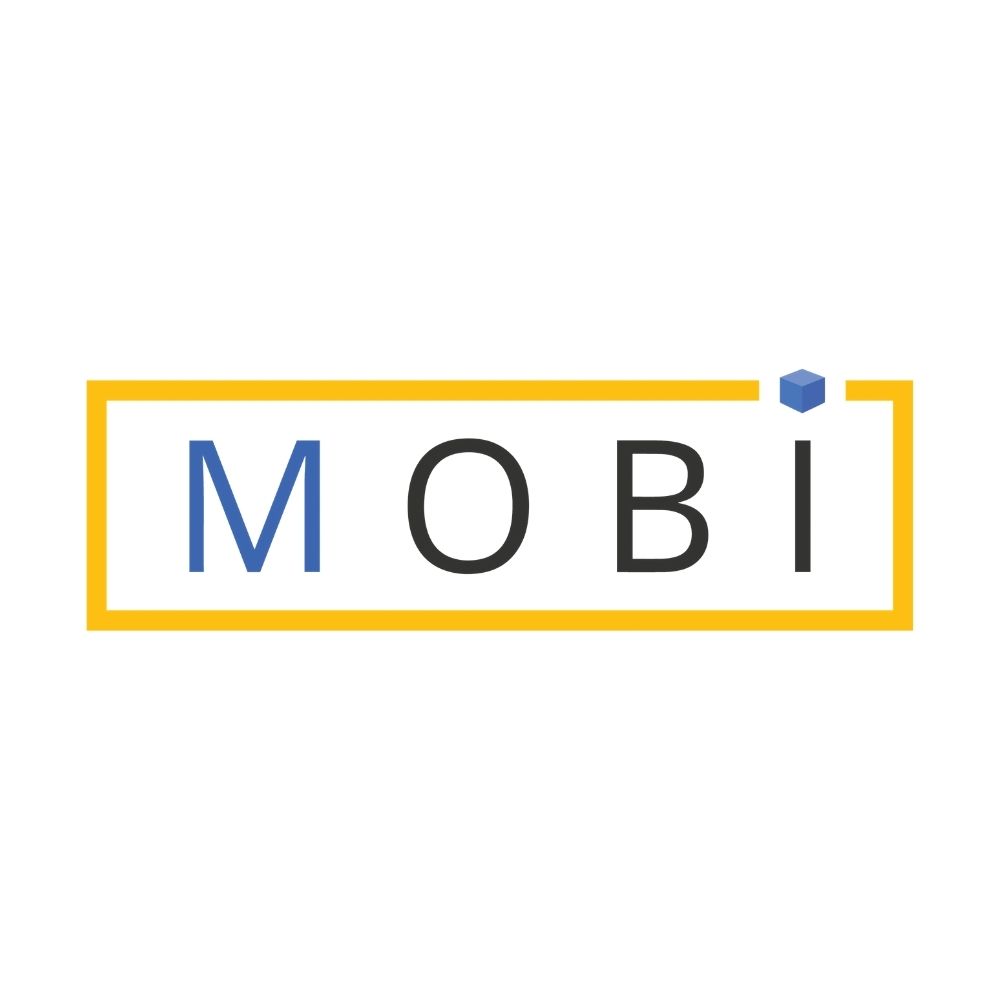
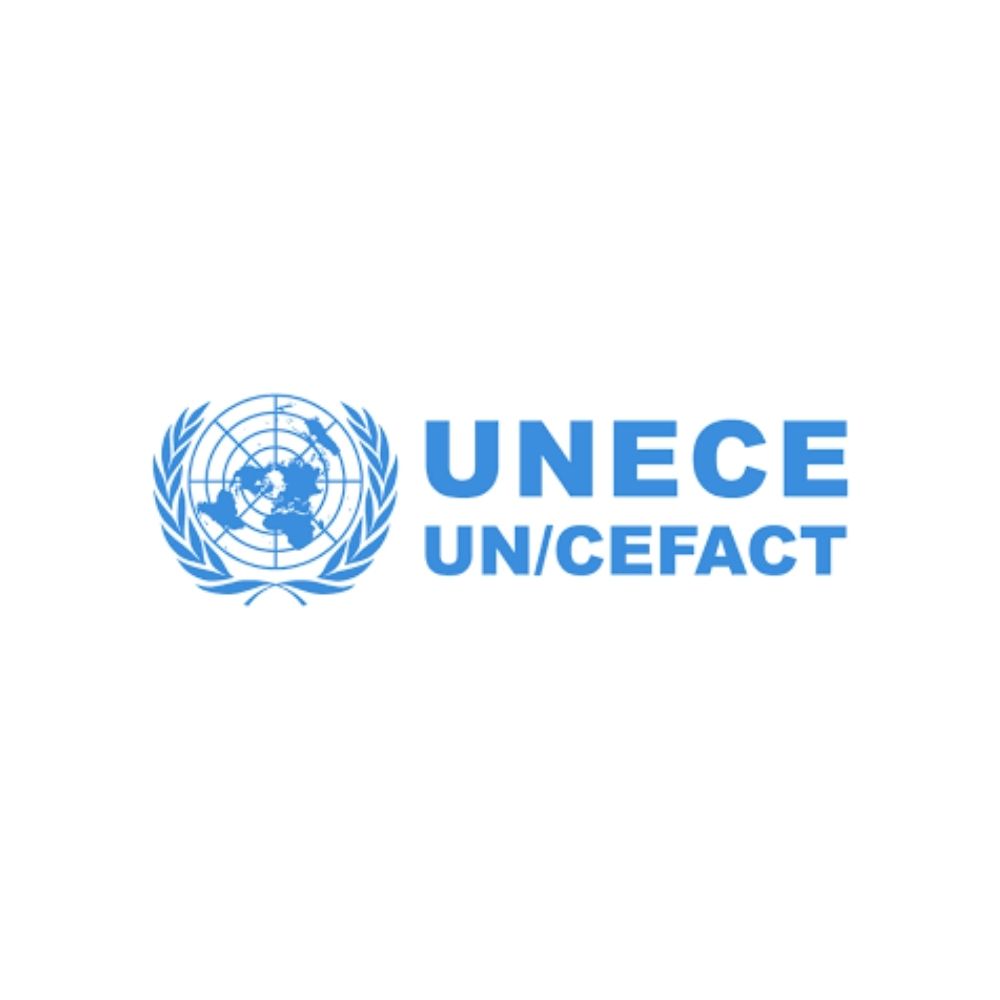
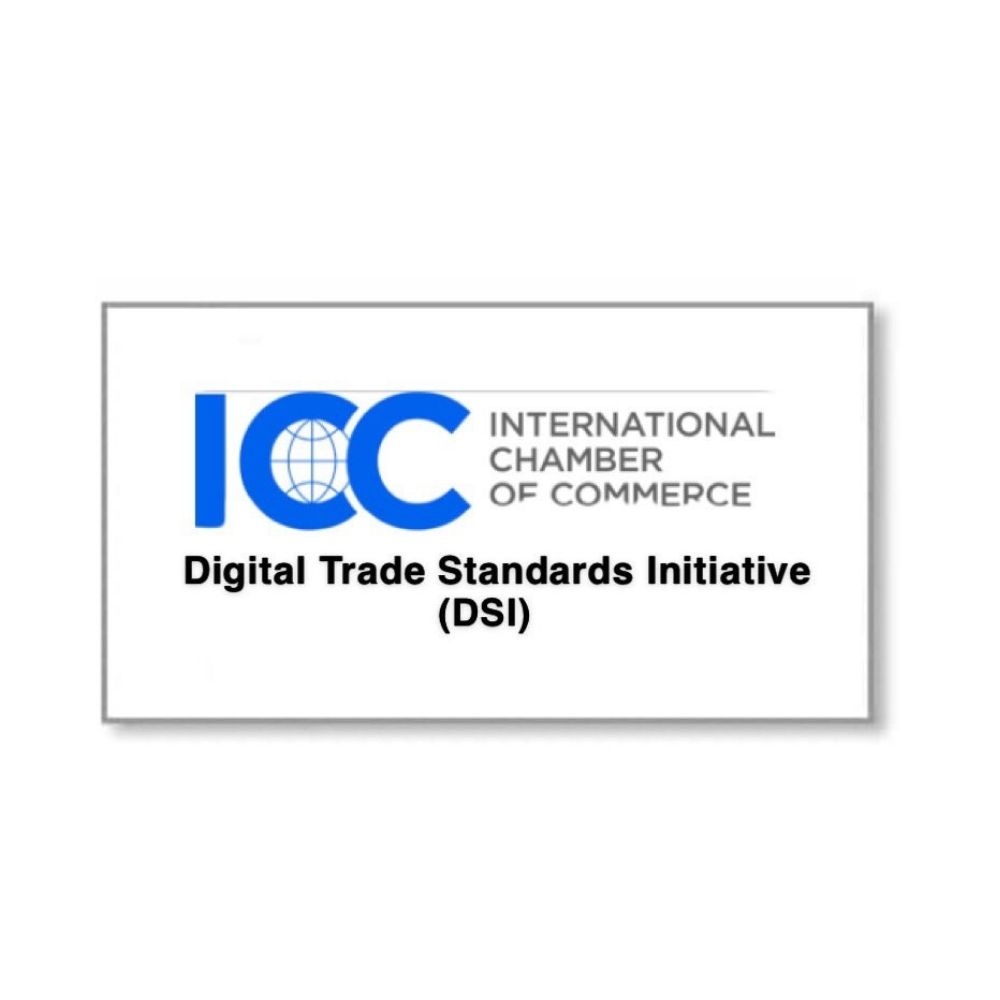




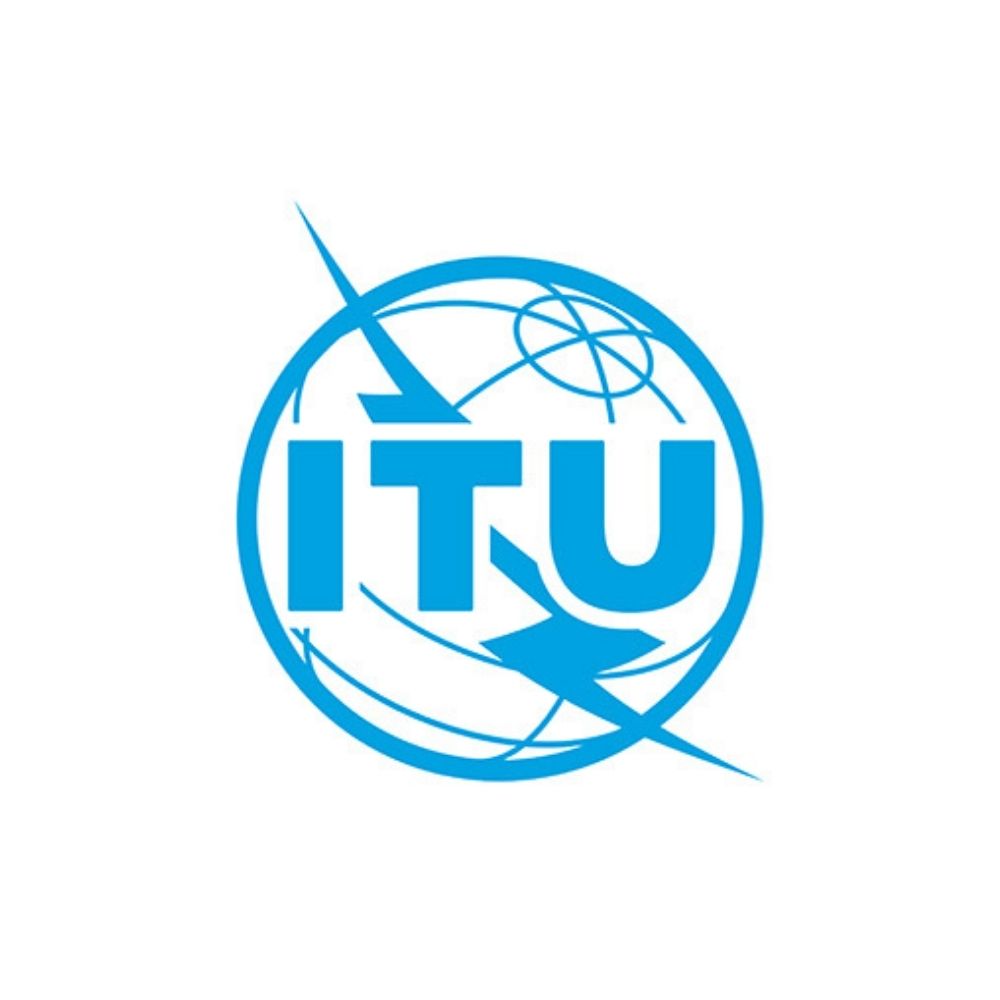


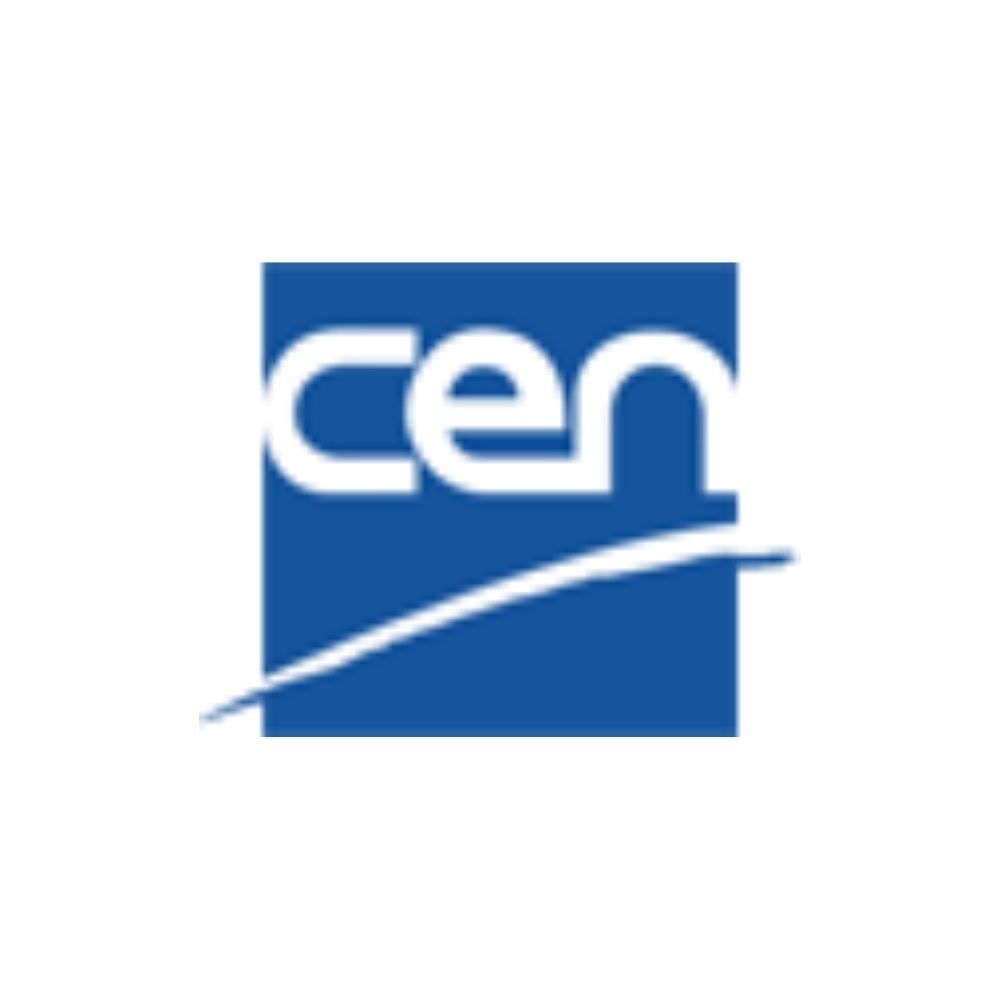


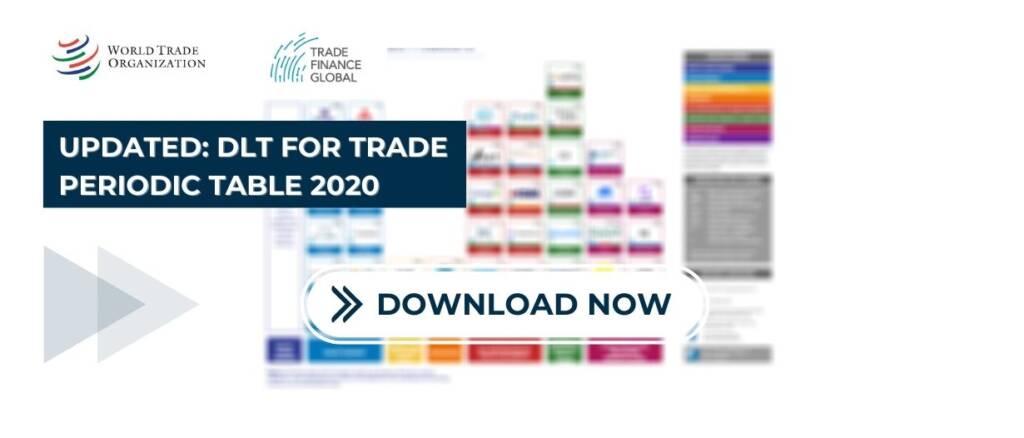




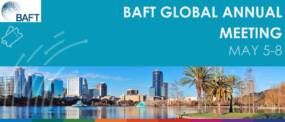

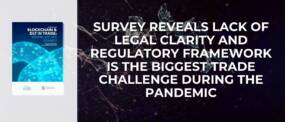
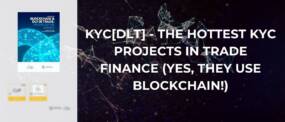
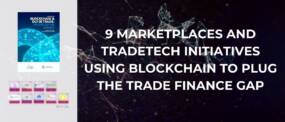
Comments are closed.